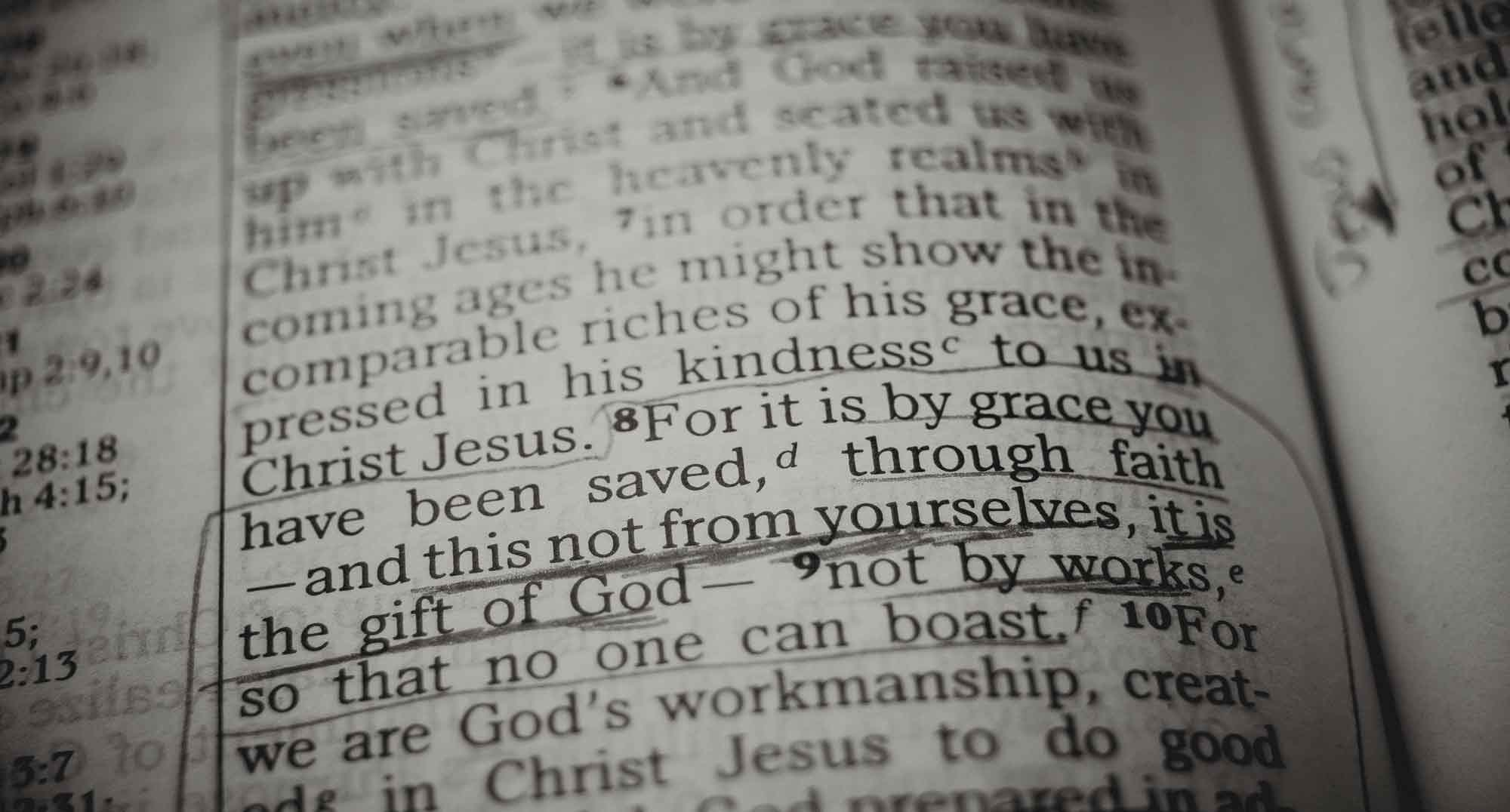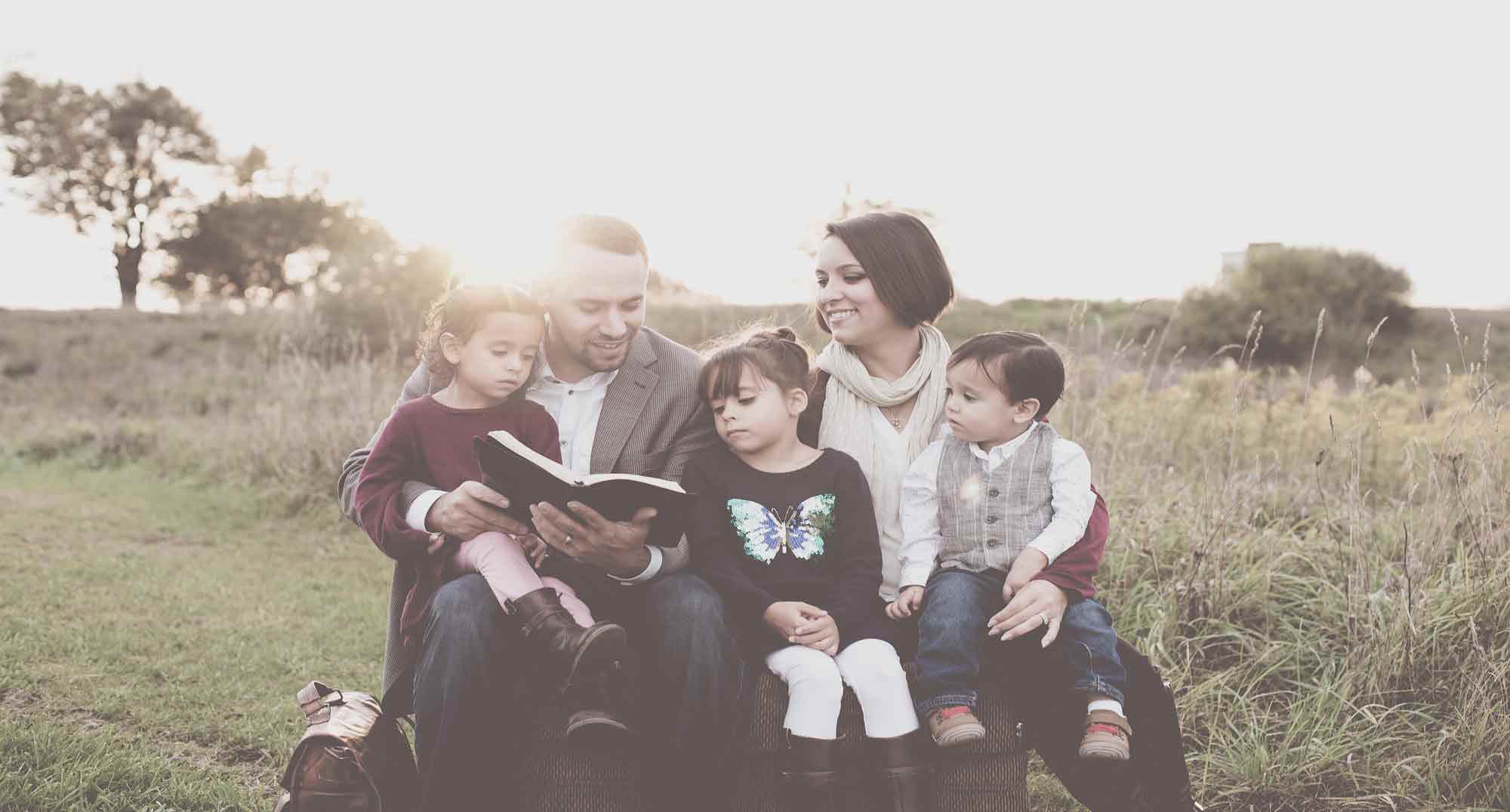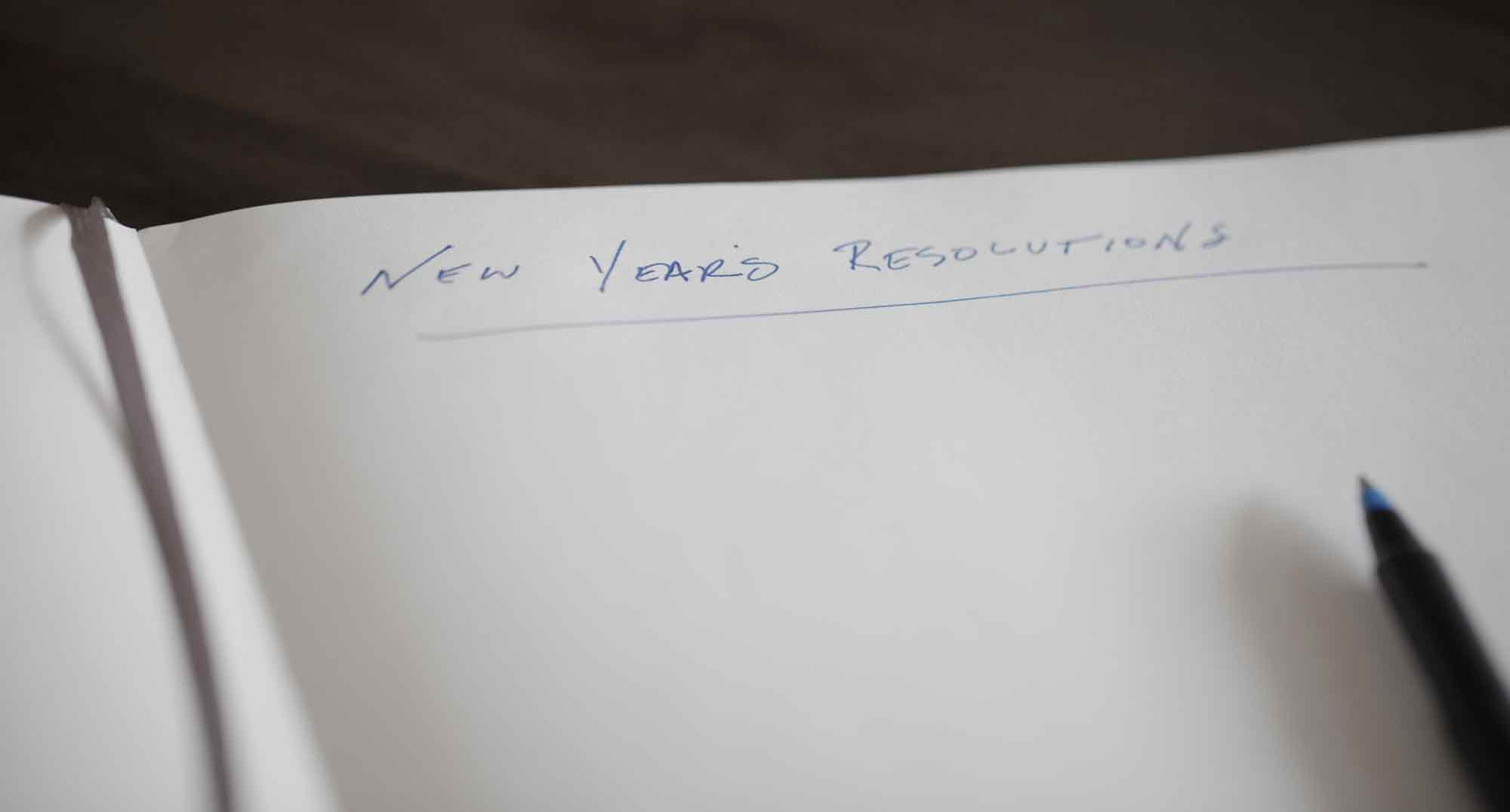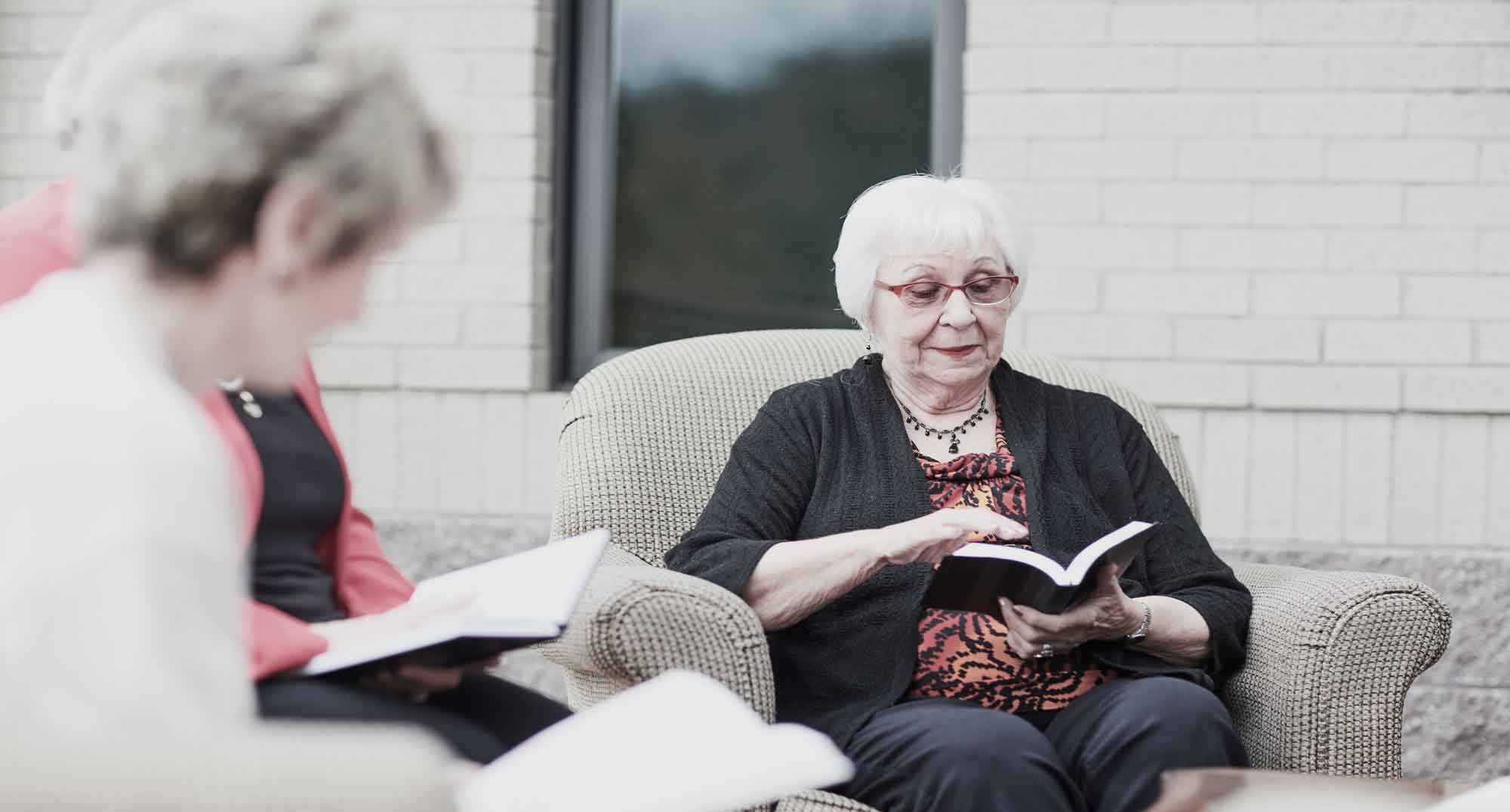Grafted Into the Family of God
HEATHER MOLENDYK|CONTRIBUTOR The pitted dirt road jostled the muddy pick-up truck as it made its way through the narrow rows of Florida orange trees. Years in the sweltering sun and heavy rains had aged the white truck as much as its driver. Putting the truck in park next to a young orange tree and creaking open the door, Jerry carted over the necessary equipment. Studying the tender trunk of the chosen tree, Jerry’s expert eyes surveyed where the grafting procedure would take place. With one weathered hand holding the lower trunk and the other hand firmly gripping a sharp blade, Jerry began removing some upper branches of the young tree. Though the roots and trunk of this particular tree were healthy and strong, Jerry knew this rootstock would not produce an impressive orange harvest when it was full grown. Because of that weakness, some of the scion (upper portion) of the tree was being removed by Jerry’s sharp blade. In the cut places, healthy branches from another orange tree would be grafted on. Jerry brought over freshly cut branches from another young tree in the orange grove. These branches came from a breed that faithfully produced superior oranges. The fruit from this other tree would be sweet, juicy, and bountiful. With a farmer’s tenderness, Jerry tightly bound the new scion to the original rootstock with grafting tape. Then gathering up his tools, Jerry climbed back into the driver’s seat after tossing the worthless tree branches from the original tree into the bed of the truck. The dead branches would be added to the growing wood pile out back to be used for the family’s bonfire that weekend. A wound is made to the original plant. God created Adam out of the dirt. Noah was chosen among the sinful men roaming the earth. Abram was called out of a pagan land. Isaac was brought to life in a dusty womb. Moses was tasked with leading the Sons of Israel to a land of promise. David was chosen to be king and his lineage was promised to endure forever. Over and over, God’s blessing rested upon a people He had chosen to love. Like a mother hen, His protective wings sheltered the love of His heart from destruction and death. In spite of their holy legacy, God’s people eventually despised their Creator, Rescuer, and King...










